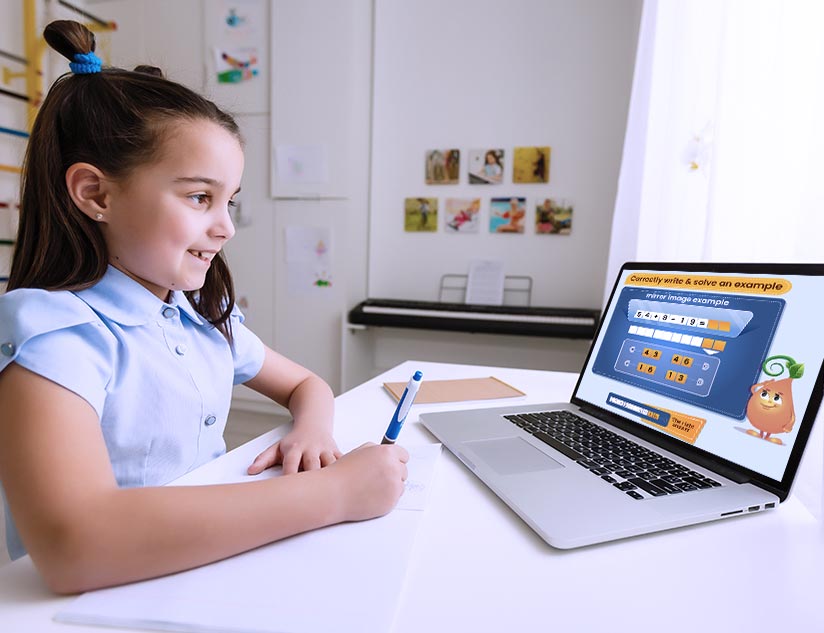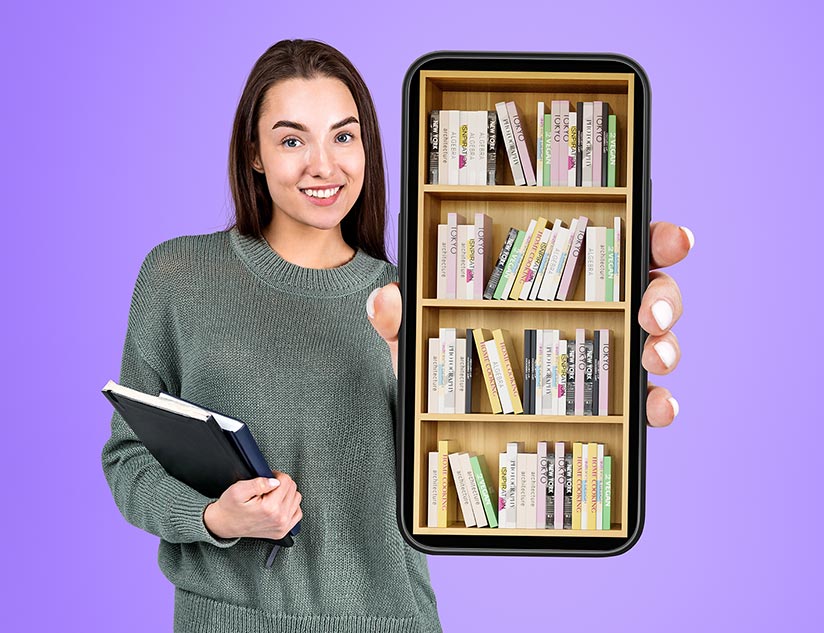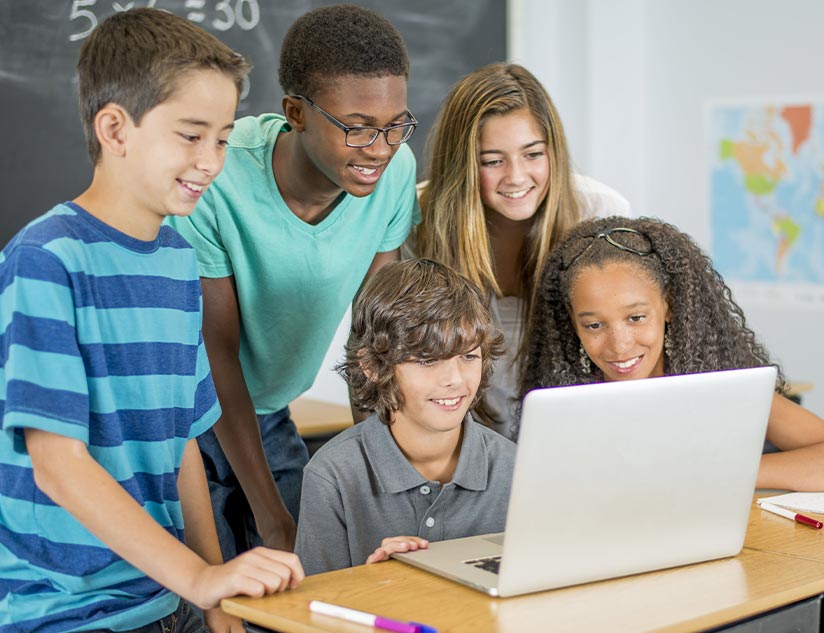Recent advancements in technology have revolutionized teaching styles and encouraged curriculum innovation. Several digital tools have made inroads into educational institutions through platforms, lessons, and programs. The increasing use of these EdTech products has allowed institutions to come up with unique ways of tracking and monitoring student performance. It has significantly helped during the COVID-19 crisis when face-to-face instruction in schools was suspended.
It is estimated that over one-third of school-age children in the United States had not entered a physical classroom for almost 10 months until January 2021. In such times, the use of EdTech products and their benefits came into the limelight. For instance, during this time, many educators used learning analytics and online assessments to ensure uninterrupted learning. It allowed them to gain access to core details regarding reading ability, reading activity, and title popularity among their students.
Although it is said that there was rushed implementation of a digital curriculum and teaching techniques, educational institutions have realized that such a curriculum can have long-lasting benefits. So, the tools that have helped minimize learning loss can continue to provide benefits in the post-COVID world as well.
The Need for Digital Transformation Tools
The digital transformation of the education industry had begun even before the COVID-19 outbreak. Reports show that the US K-12 spending on EdTech products grew from $7.5 billion in 2019 to $35.8 billion in 2020. Both students and educators understand that the future requires them to have certain skills to better adapt to the rapidly changing digital economies. And, EdTech products, combined with digital teaching strategies, will help them achieve this feat.
The future workforce will be expected to have traditional skills like mathematical, financial, and scientific literacy blended with social and emotional proficiency. In addition, they may also need to have cognitive flexibility, creativity, and other soft skills to thrive in the digital world. So, it is imperative for educational institutions and governments to invest in building solutions that enable digital transformation to support the modern learning experience.
What to Expect in the Post-COVID World?
It has become clear to students that they will need greater control over their access to knowledge if they wish to catch up to the rapidly changing digital world. They have to rely more on smartphones and digital technologies, social media, and other technologies like AI and machine learning. That is why educators will have to adapt as well. They will be expected to use new tools like gamification, simulations, and data analytics to drive engagement and retention among students.
This change in the education landscape will make space for new pedagogical strategies. Here are some crucial ones that are likely to become more relevant in the future:
1. Blended Classroom Models
We may witness an increase in the integration of traditional classrooms and online teaching. It means more video recordings, open education resources, and formative assessments. Educators may be inclined to experiment with project-based learning, small group work, practical exercises, and more.
2. More Importance to Multimedia and Open Educational Resources
eBooks will continue to be used, and they will have more animation, rich graphics, video, and audio clips. There are cloud-based mobile and web learning platforms with course authoring solutions that help both students and teachers to annotate, edit materials, and include assessments and feedback.
3. More Emphasis on Micro-Learning
The demand for bite-sized learning will increase as it is a cost-effective solution that requires fewer resources and fewer instructors. It allows learning to be swiftly tailored, expanded, and implemented as per individual needs and budgets. Reports show that it can reduce development costs by 50% and increase the speed of development by 300%. Most importantly, micro-learning has been proven to help with faster understanding of concepts and better retention.
4. Newer Assessment Tools
With the inclusion of data analytics in the assessment process, educators will be able to track the effectiveness of educational resources and provide students with resources that match their pace of learning, interests, and capabilities. Technologies such as MOOC’s, course management systems, AI, and adaptive learning platforms may help improve the quality of data and the sophistication of analyses to maximize the usefulness of assessment findings.
Enabling Curriculum Equity through Personalized Learning
Greater use of technology is also helping in developing a new form of pedagogy. It aims to remove inequalities and ensure that the needs of all students are properly catered to, and that necessary intervention are deployed at the right time. This is an important aspect of personalized learning, and it will play a crucial role in ensuring inclusivity, while modifying the learning process to cater to individual student needs.
The COVID-19 crisis has not only hindered the academic growth of students but has also worsened the longstanding disparities in educational outcomes between white students and students of color. With the help of personalized learning, students can adapt their learning experiences according to their individual strengths and weaknesses. It will help them receive a customized learning experience so that they can learn at their own pace, with structure and support in challenging areas. This is exactly what the digital learning tools and platforms are offering.
For instance, gamification techniques have been helpful in increasing engagement and interaction levels among students. Similarly, online learning platforms with project-based learning have allowed students to participate in discussing possible solutions with a group, share their thoughts and ideas, agree upon a suitable approach, and deliver the project. So, these innovative tools may actually bridge the learning gap and help students reach the required levels of learning.
As we prepare for the upcoming school years, we should remember the lessons and skills that we have learned during the pandemic. The benefits of continuing digital curriculum and teaching techniques will allow students to adapt better in the future..
MagicBox™ is an award-winning digital education platform that can help improve your pedagogical strategies and ensure personalized learning for your students. Contact us to know more.















